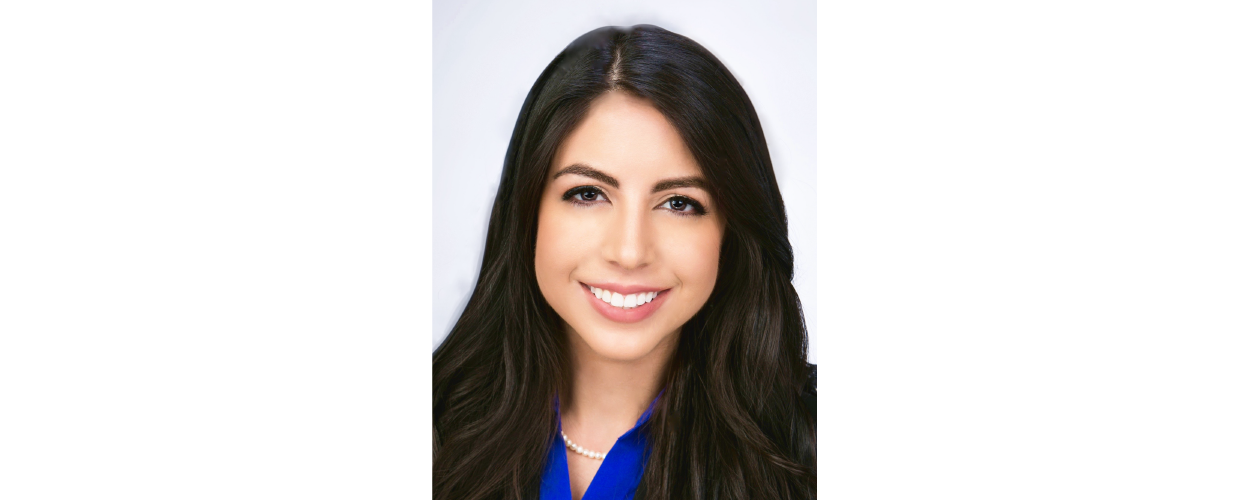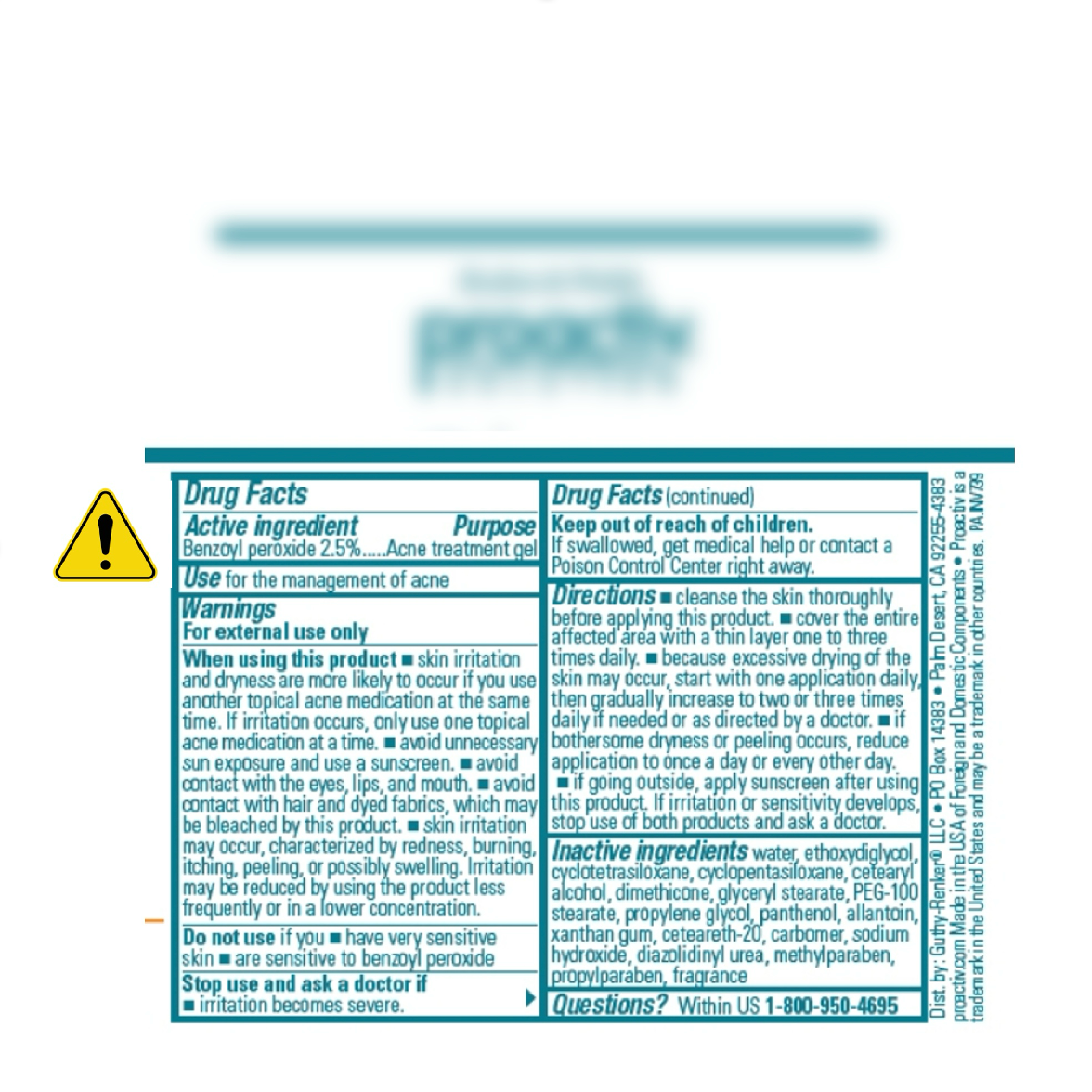Hypochlorous acid has become a TikTok favorite this year---appearing in millions of videos showcasing its unique benefits for skin. But what exactly is this super ingredient, and how does it work? Hypochlorous acid, known by its chemical name as HOCL, already exists in our immune system. Our white blood cells produce hypochlorous acid to fight infection and to quicken the healing process. Recently, chemical engineers learned to replicate and stabilize this compound, allowing it to be bottled for topical skin applications.
To understand its benefits, it’s important to focus on the antimicrobial properties
of hypochlorous acid, and the role bacteria plays on our skin.
Our skin’s microbiome is a complex network of pathogens, and naturally hosts a healthy balance of bacteria. When healthy, this network benefits our skin by strengthening the skin barrier, preventing moisture loss and blocking harmful invaders.
However, sometimes an overabundance, or over- colonization of a specific strain of pathogen can throw our microbiome out of balance, causing a host of skin ailments. Eczema is one example: Researchers have found that nearly 90% of eczema patients have colonies of Staphylococcus aureus on their skin, especially during flare-ups. In comparison, non-eczema patients have far lower levels of this specific bacteria on their skin. Read more HERE.
Why does this trigger skin problems? When this type of bacteria over-populates an area of skin, they crowd out the friendly bacteria (known as “commensal bacteria”) and produce enzymes that further break down the skin barrier. This can allow irritants and allergens to penetrate the skin, and also cause moisture loss.
Hypochlorous acid to the rescue.
HOCL works by targeting and removing disruptive bacteria allowing the skin’s microbiome to re-balance. One of the many benefits of HOCL the ability to quickly break down and dissolve, leaving zero residue behind on skin. Since it doesn’t linger on skin long enough to disrupt the microbiome, the beneficial bacteria are allowed to repopulate the skin, restoring a healthy balance. Over-colonialization is not just a problem for eczema patients. Bacteria overload is also linked to acne, diaper rash, chronic wounds, diabetic ulcers, and more.
HOCL is one of the few substances powerful enough for use in a hospital setting, but mild enough to be purchased without a prescription for everyday use. Let’s examine the wide array of uses, listed from medical applications to personal care.
Hypochlorous acid spray is particularly helpful for acne-prone, eczema, and rosacea skin to soothe inflammation and alleviate redness while also preventing acne. It is the perfect post-workout spray and travel spray to help prevent acne.
Burns: Burn centers rely on hypochlorous acid for its debridement and infection control. It works great to irrigate and cleanse the afflicted area-- flushing away dead tissue.
Chronic wounds: HOCL helps promote would healing by reducing inflammation. Chronic inflammation that persists beyond the initial healing stage can impede recovery and damage surrounding tissue. By reducing inflammation, hypochlorous acid can support the proliferation of new, healthy skin cells.
Eye Care: Bacteria is also a major factor in eyelid irritations, such as blepharitis and eyelid dermatitis. The antimicrobial benefits of HOCL help reduce redness, irritation, soreness and puffiness associated with eyelid infections. Also, the gentle properties of HOCL made it an ideal choice for the thin, delicate skin on eyelids.
Aftercare for cosmetic procedures: Laser treatments, microneedling and chemical peels are on the rise in every area of the United States. As the demand for these procedures continues to grow, many dermatologists and estheticians are using hypochlorous acid to accelerate healing and prevent infection in their clients. When manufactured correctly, hypochlorous acid contains no fragrance, oils, soaps, dyes or allergens, making it an ideal solution for nearly all cosmetic patients.
At-home acne care: hypochlorous acid targets acne-causing bacteria and flushes debris from pores. Unlike harsh acne treatments, HOCL will not over-dry skin or damage tissue –even when used long term.
Everyday facial freshening : Hypochlorous Acid is soap-free, so it won’t remove makeup or replace traditional cleansing. However, it is a great way to purge dirt and sweat on the go, or as an easy way to remove germs that soap-based products leave behind.
Acne study:
Tirado-Sanchez A, Ponce-Olivera RM. Efficacy and tolerance of superoxidized solution in the treatment of mild to moderate inflammatory acne: a double-blind placebo-controlled, parallel-group, randomized, clinical trial. J Dermatol Treat. 2009;20(05):289–292.
Hypochlorous acid has antimicrobial and anti-inflammatory properties. It also plays an important role in wound healing. It has been found to be helpful for atopic dermatitis (eczema), seborrheic dermatitis (dandruff), and acne.
Seborrheic dermatitis study:
|
Draelos Z. An evaluation of oculus sebuderm-Microcyn based gel on mild to moderate facial and scalp seborrheic dermatitis. InPoster presented at the 10th Annual Coastal Dermatology Symposium 2014 Sep. |




